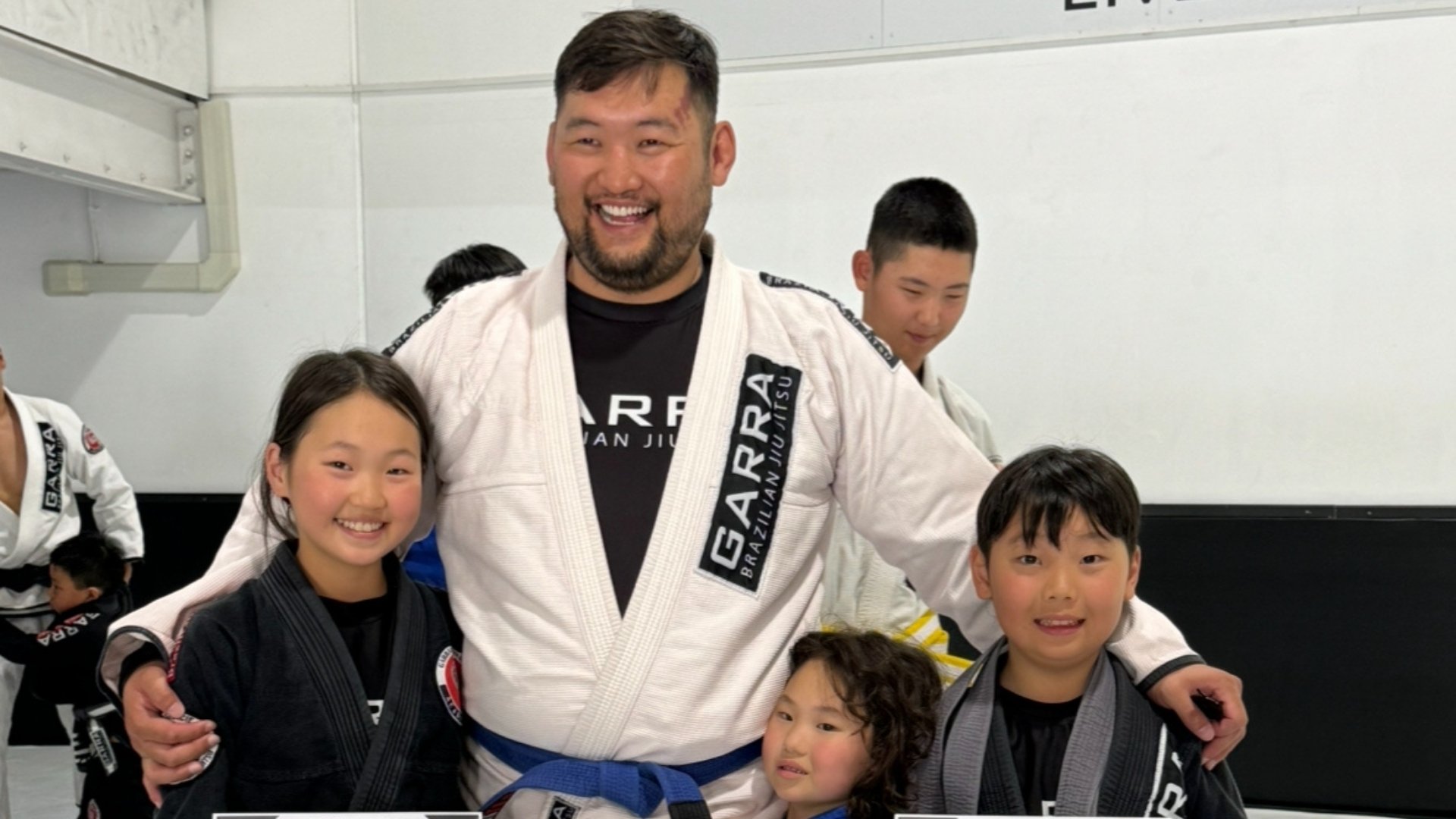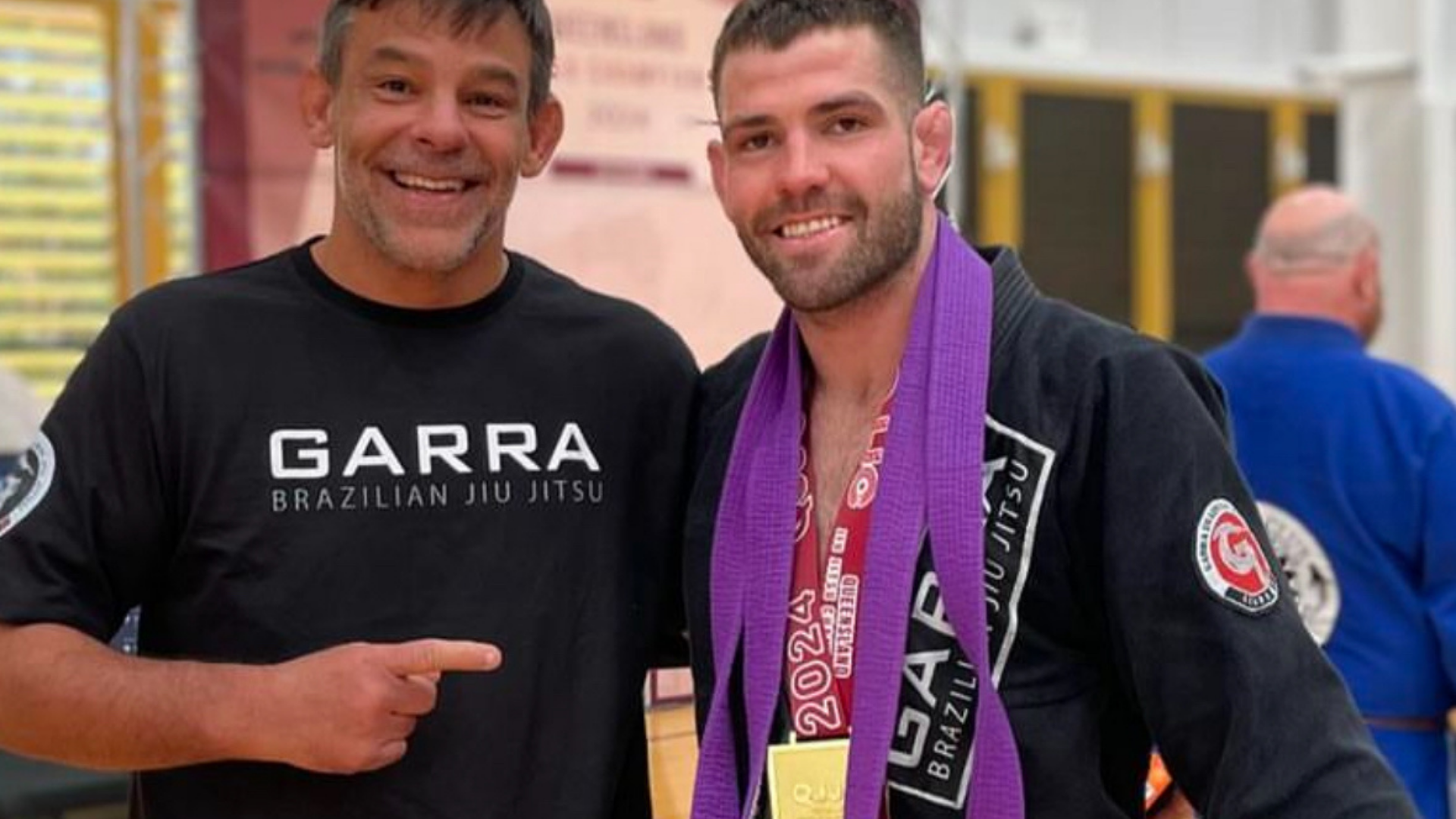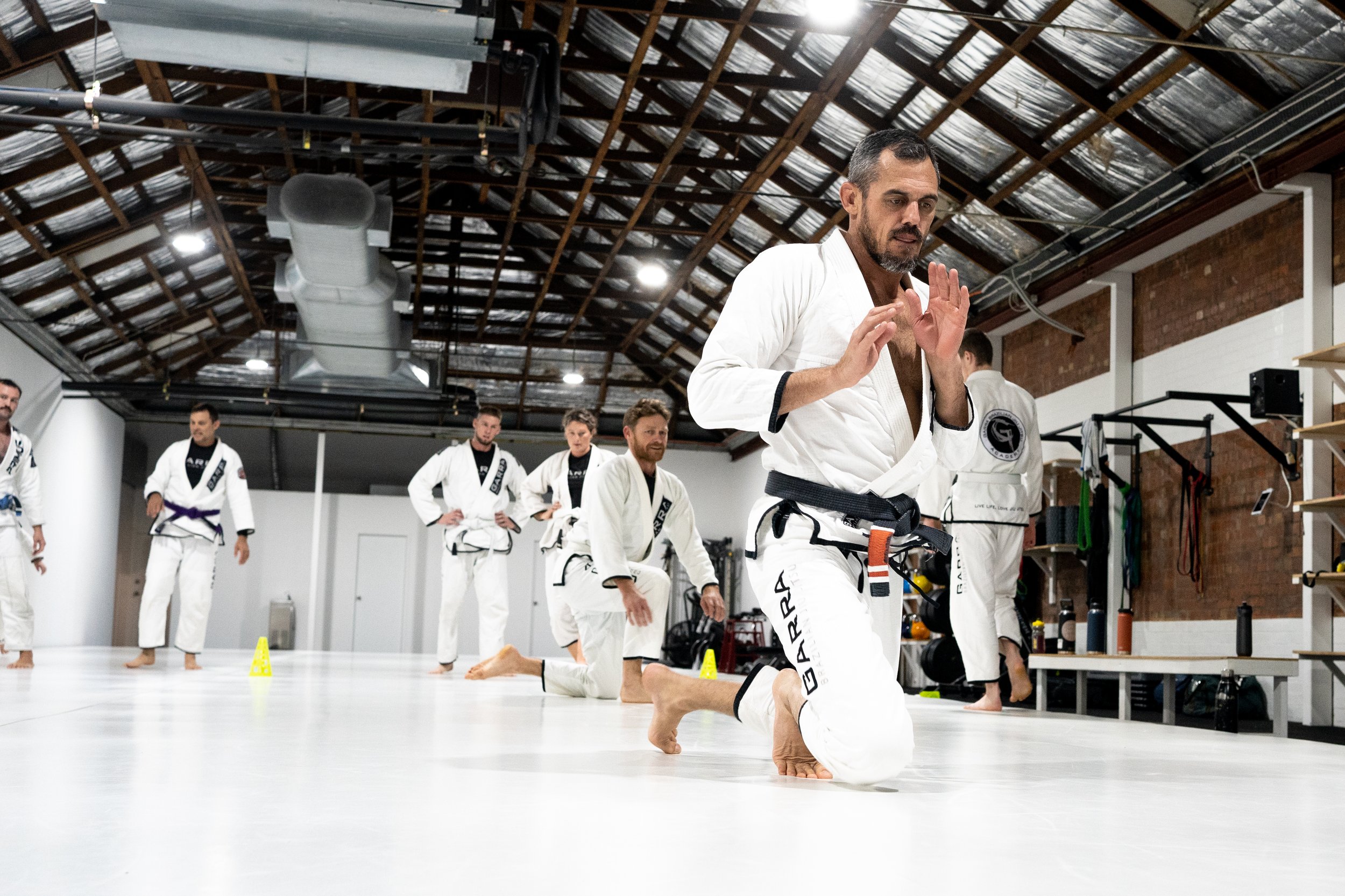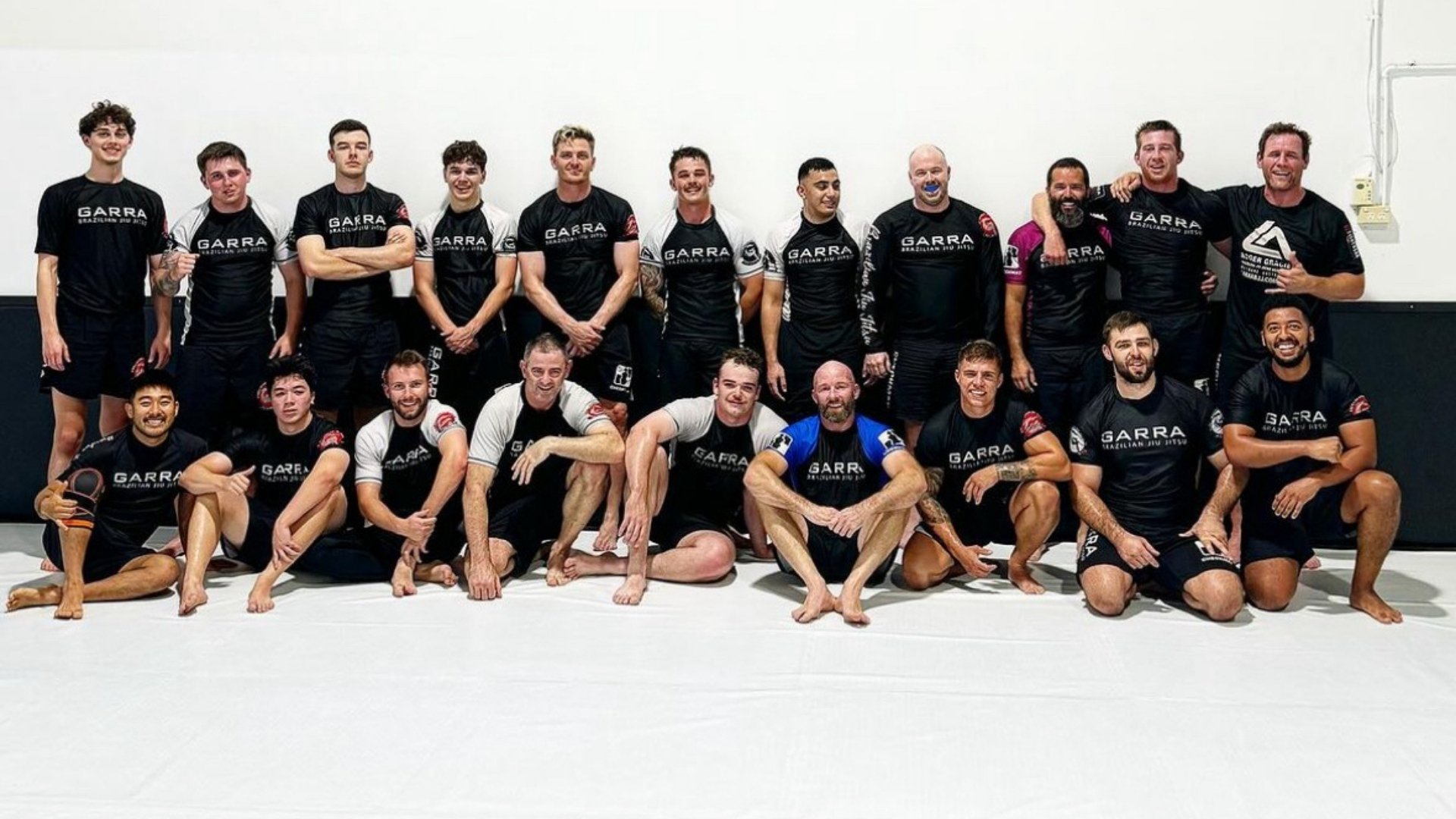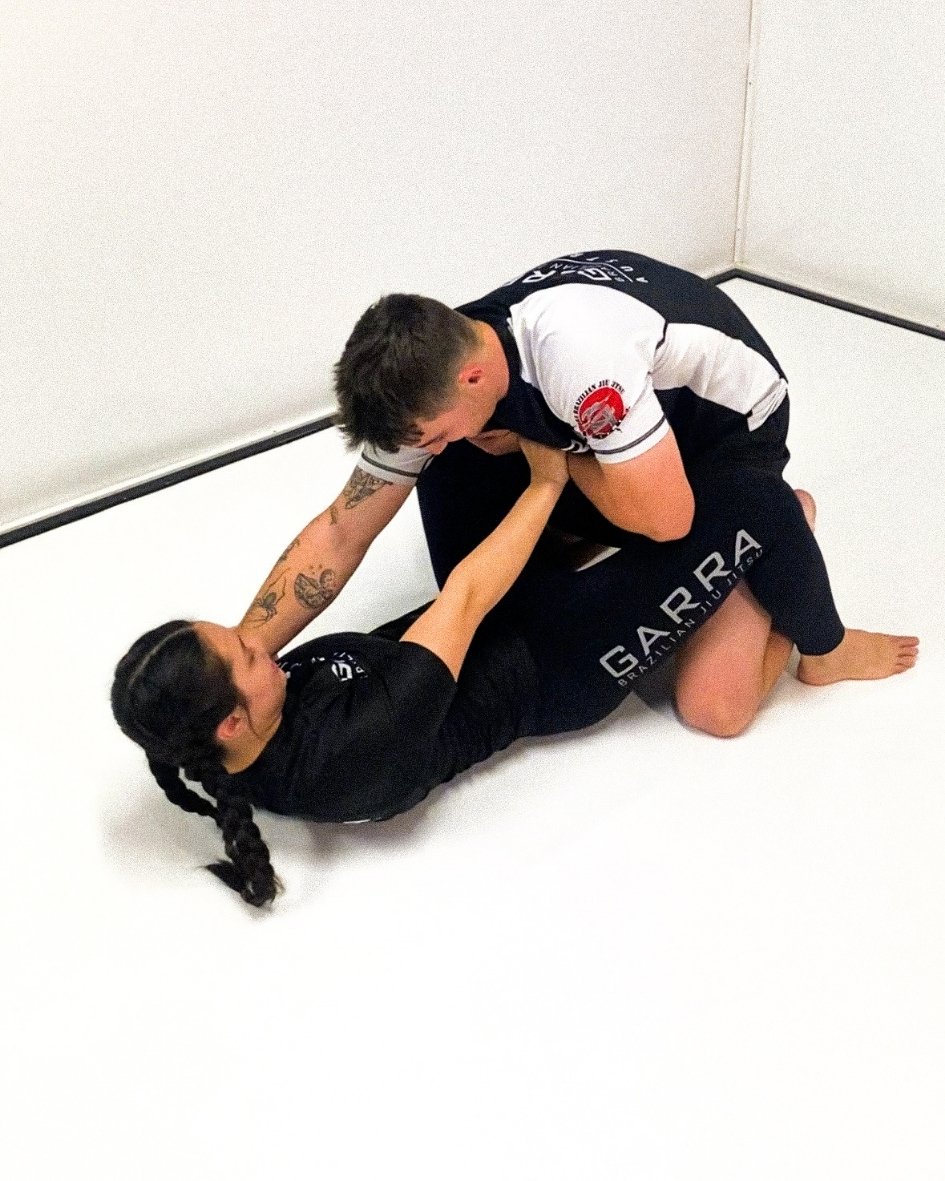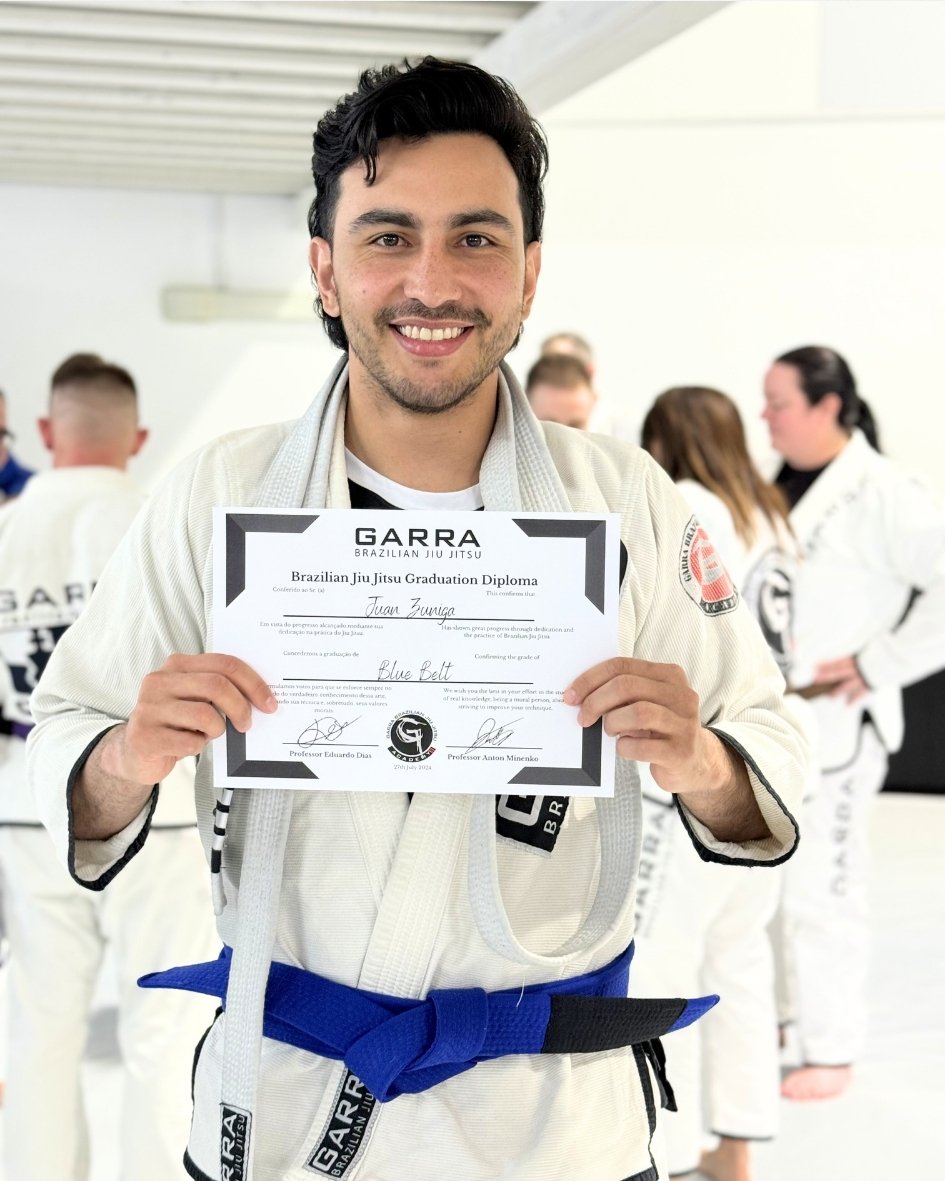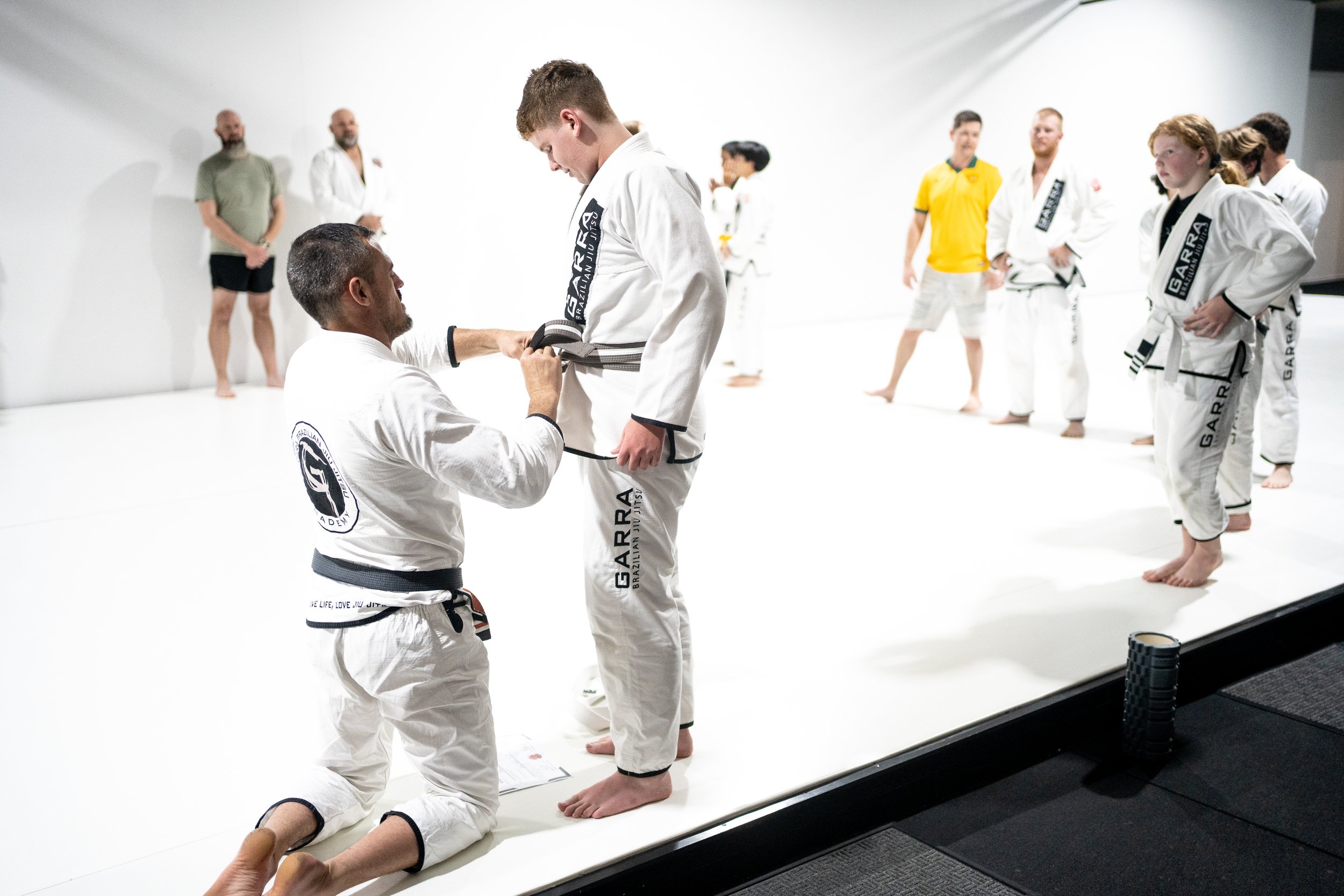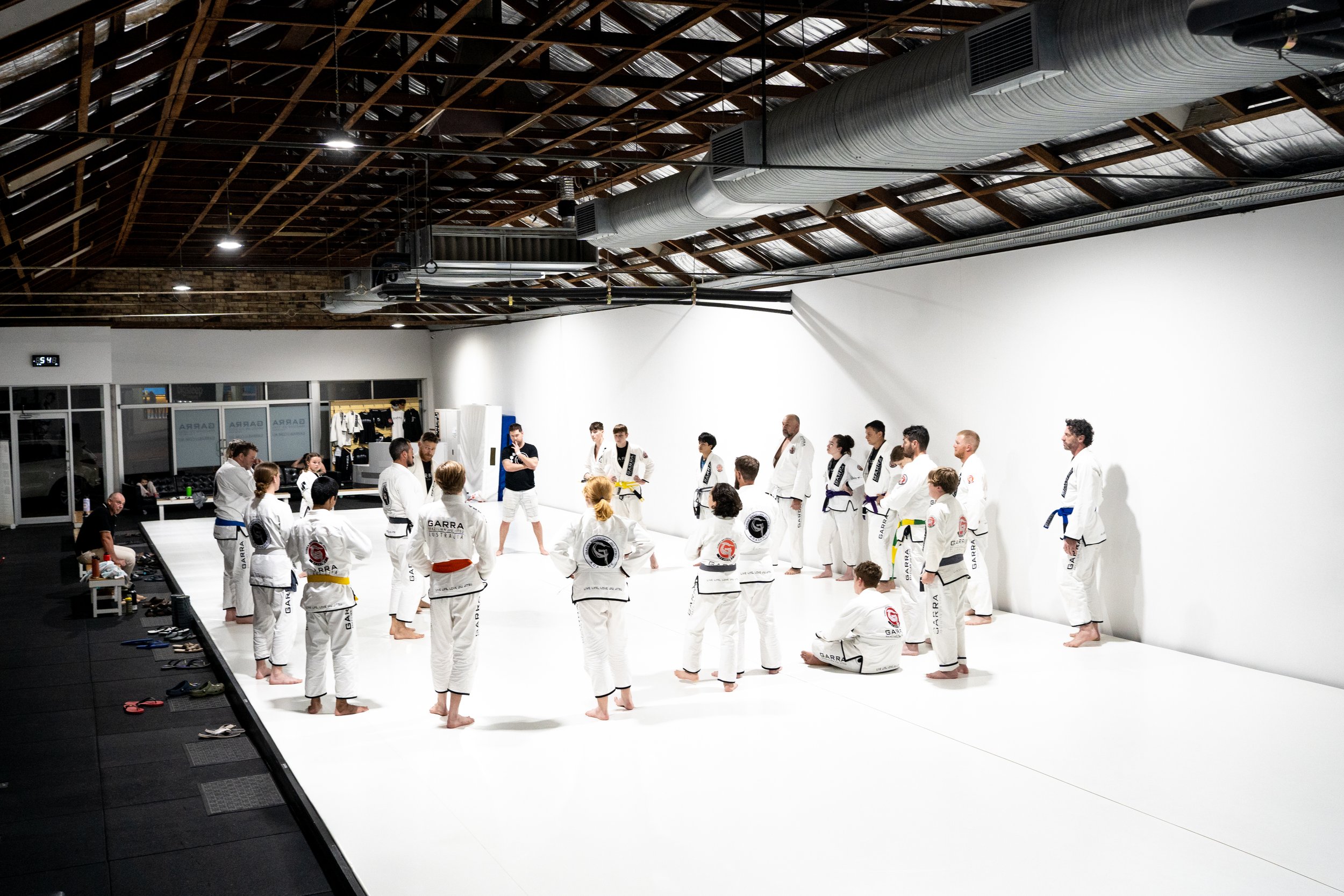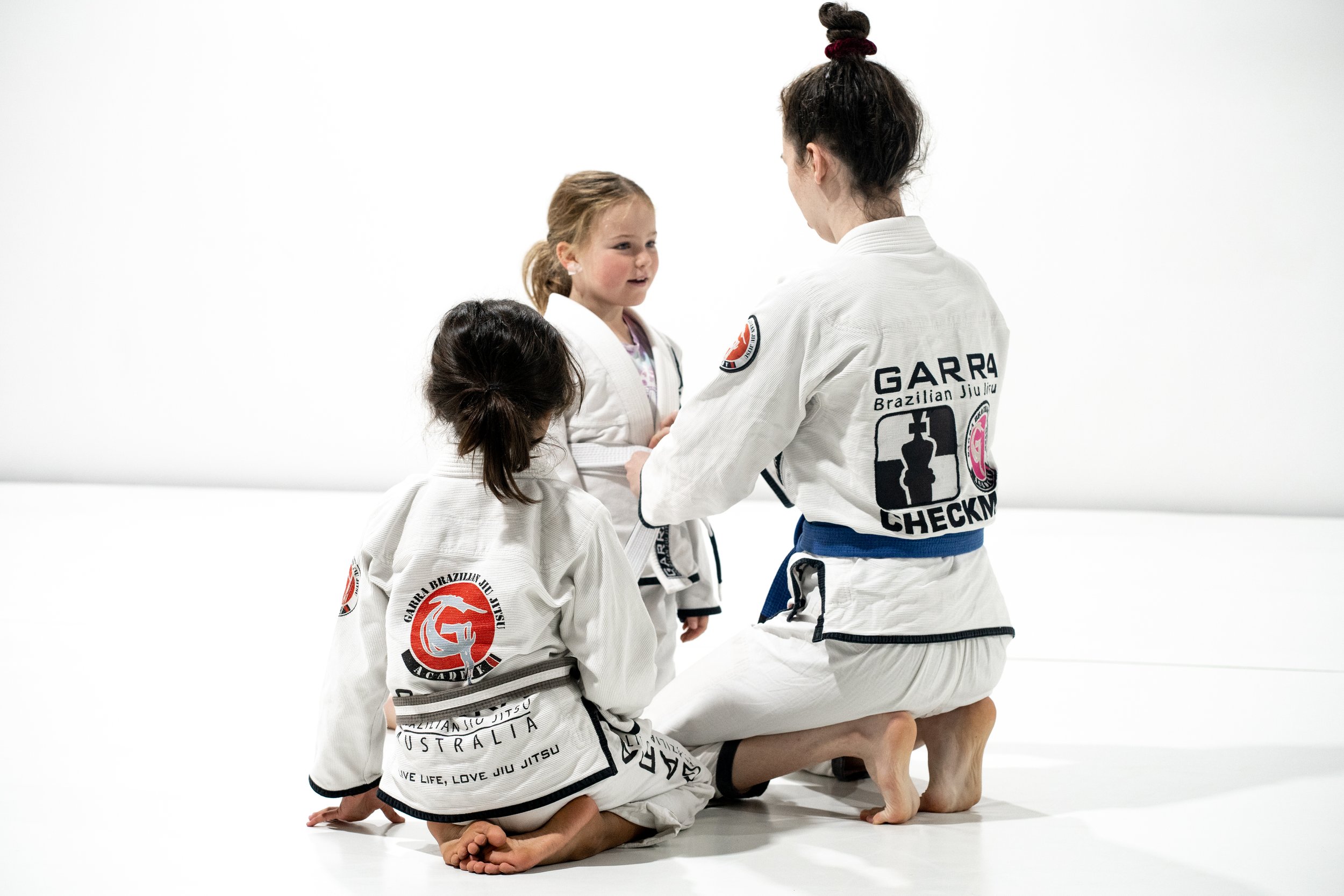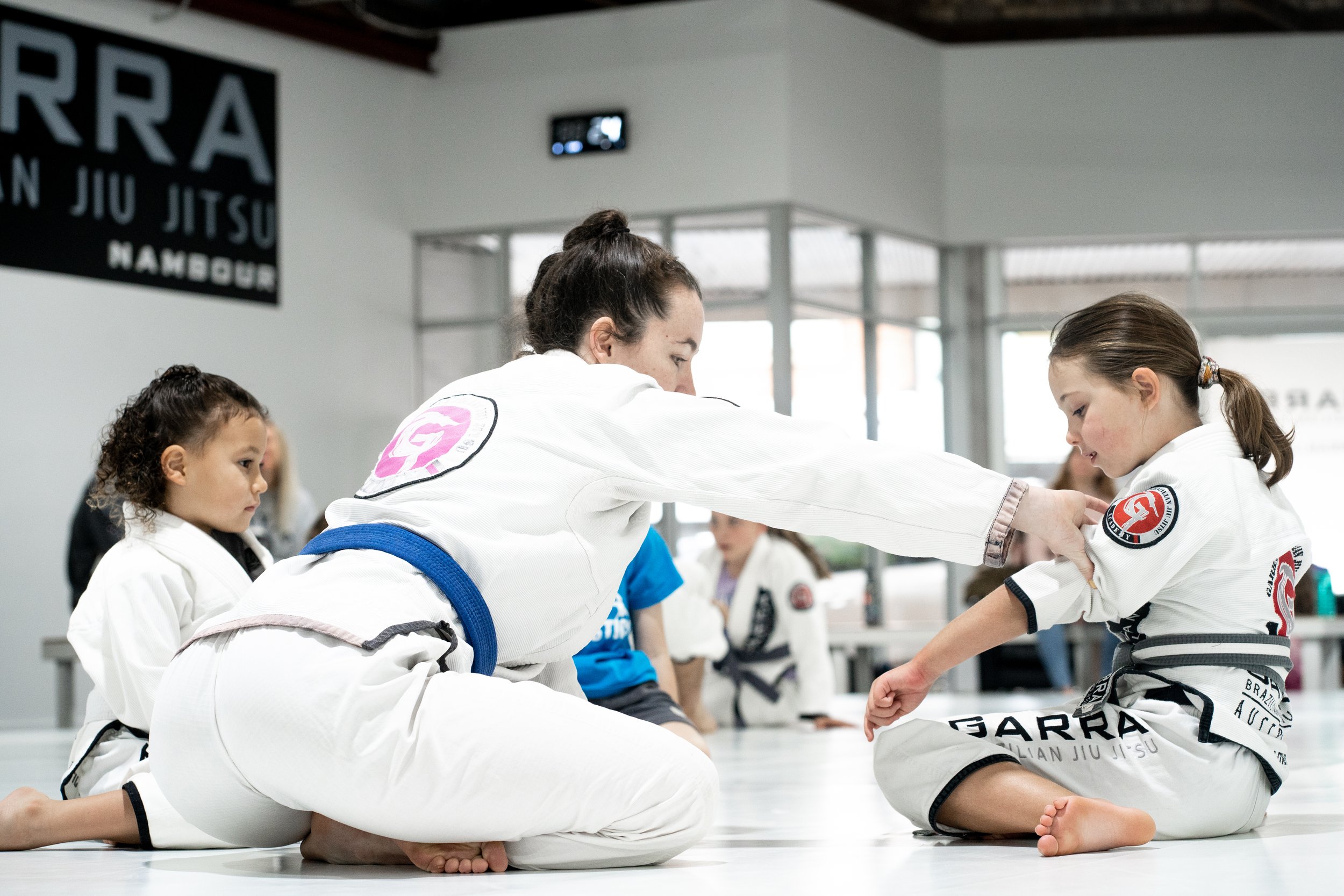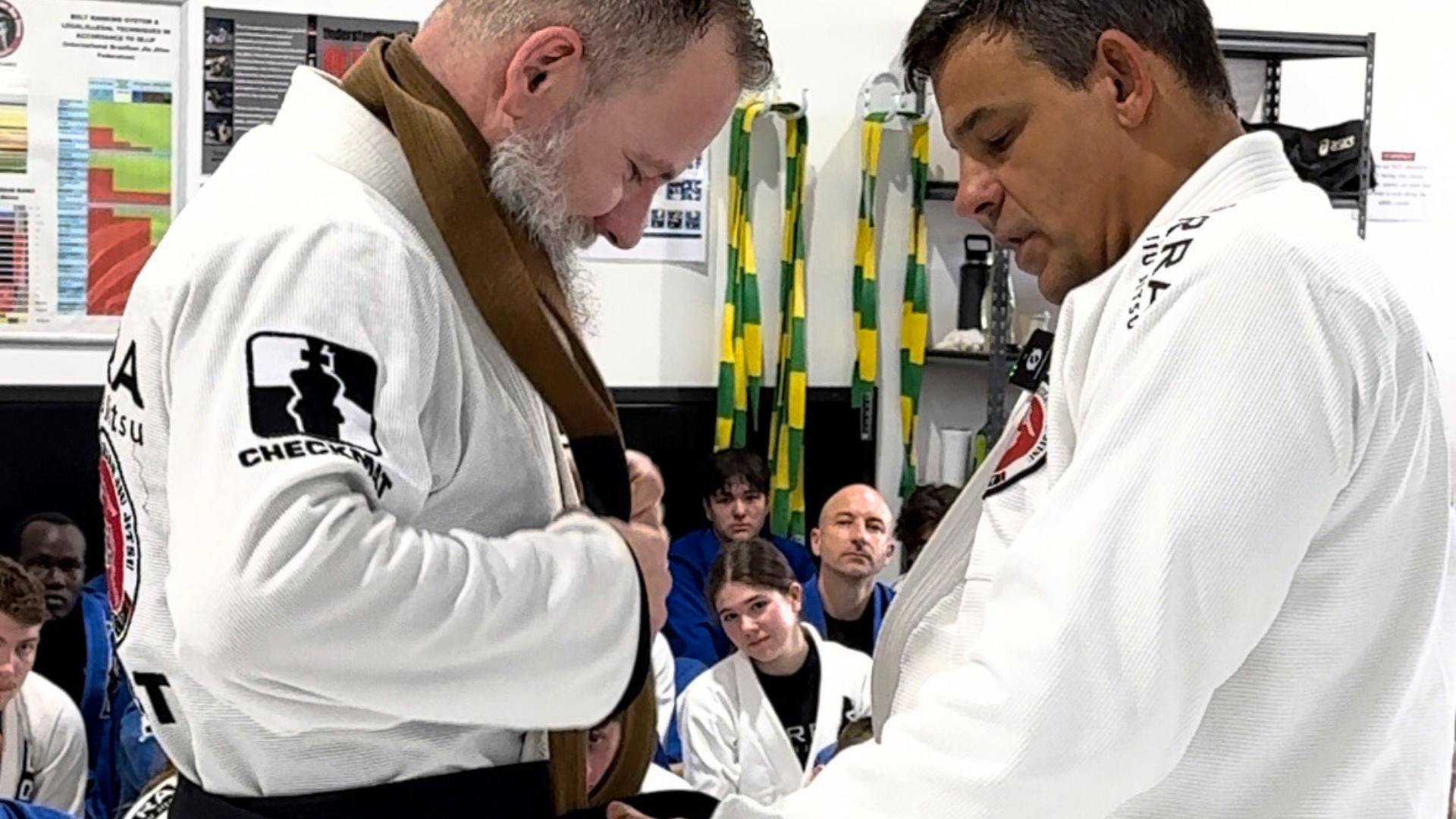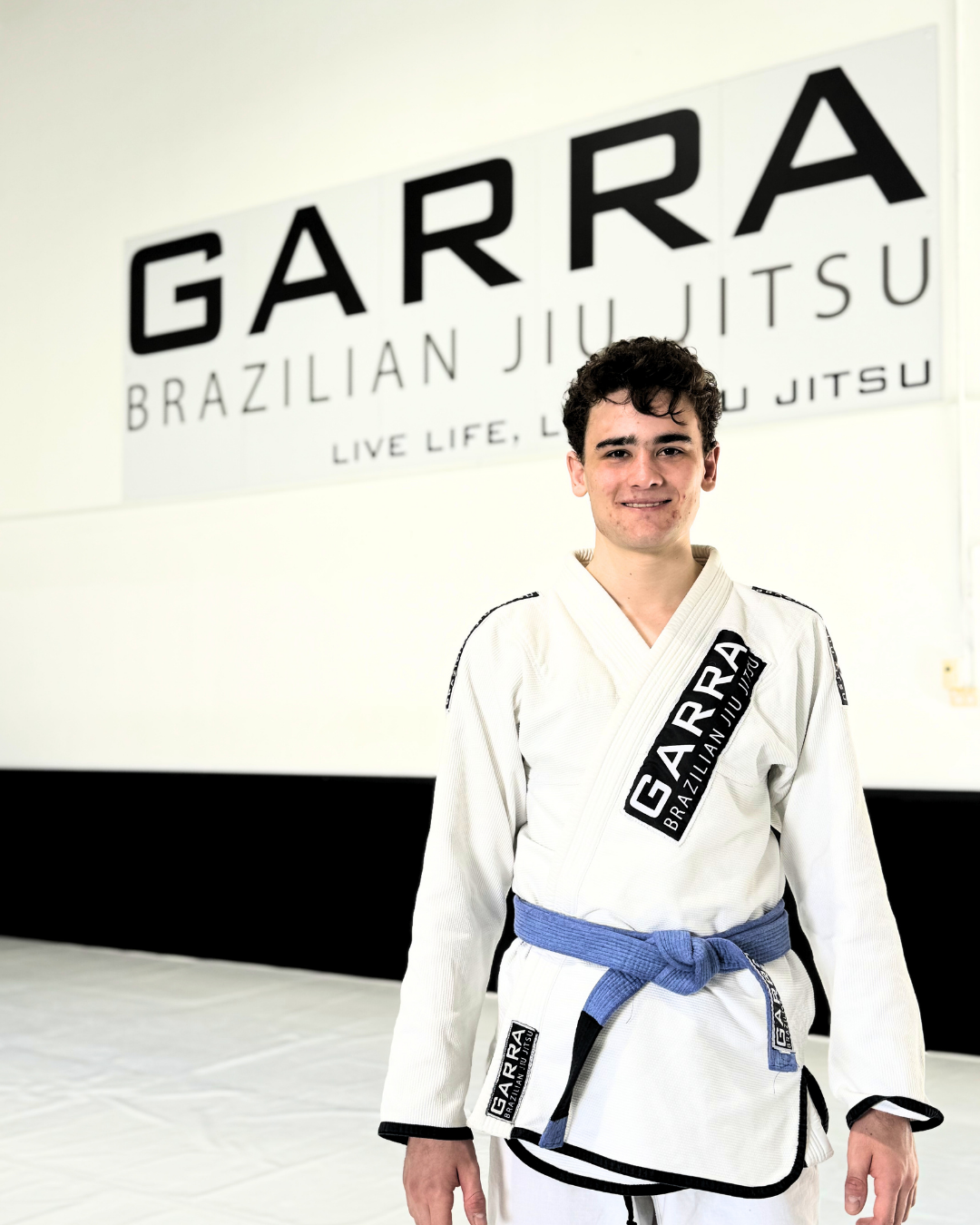ORIGINS OF JIU-JITSU
Jiu-Jitsu is one of the oldest martial arts, with roots tracing back over 2,000 years to ancient India. Developed by Buddhist monks as a non-violent way to defend against attackers, it spread through China and finally took hold in Japan.
Over time, the original art evolved, especially during the Meiji Restoration, when Jiu-Jitsu nearly disappeared, surviving mainly as Judo—a sport-focused adaptation of the ancient techniques.
-
Brazilian Jiu-Jitsu (BJJ) emerged from the ancient roots of Jiu-Jitsu after being introduced to Brazil in the early 20th century by Japanese judoka Mitsuyo Maeda. The art was adapted and refined by the Gracie family, focusing on leverage and technique to empower smaller individuals against larger opponents. Today, BJJ is a globally practiced martial art and a key discipline in MMA.



In 1914, a Japanese Jiu-Jitsu champion named Esai Maeda arrived in Brazil to help establish a Japanese colony. There, he met Gastão Gracie, a Brazilian scholar of Scottish descent. As a gesture of gratitude for Gracie’s assistance, Maeda taught Jiu-Jitsu to Gracie’s son, Carlos, who in turn shared the knowledge with his brothers—Oswaldo, Gastão, Jorge, and Helio.
In 1925, the Gracie brothers opened the Gracie Jiu-Jitsu Academy in Rio de Janeiro, marking the beginning of Brazilian Jiu-Jitsu (BJJ). Helio Gracie, in particular, adapted the techniques to create a more efficient system, focusing on leverage and technique over brute strength, giving rise to what we now know as Brazilian Jiu-Jitsu.
HISTORY OF BRAZILIAN JIU-JITSU
-
The Gracie family revolutionized martial arts by transforming traditional Jiu-Jitsu into Brazilian Jiu-Jitsu (BJJ). Carlos and Helio Gracie developed techniques that focused on leverage and strategy, making the art accessible to people of all sizes. Their legacy continues to shape modern BJJ schools and global competitions today.


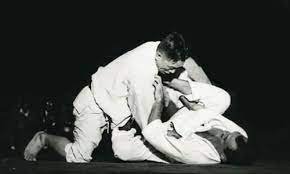
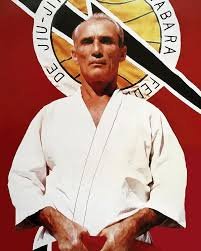


BJJ TODAY
Originally a sport practiced by the elite, Brazilian Jiu-Jitsu has grown into a global phenomenon with a dedicated following worldwide.
Rio de Janeiro remains the BJJ capital of the world, with the highest concentration of schools and practitioners. Thanks to the Gracie family’s legacy, BJJ has spread across continents, teaching people effective self-defense, discipline, and resilience.
-
Brazilian Jiu-Jitsu (BJJ) has evolved from its elite roots in Brazil to become a worldwide martial arts phenomenon. Today, practitioners across the globe train in BJJ for self-defense, fitness, and personal growth, with Rio de Janeiro remaining the heart of the sport's global community.




